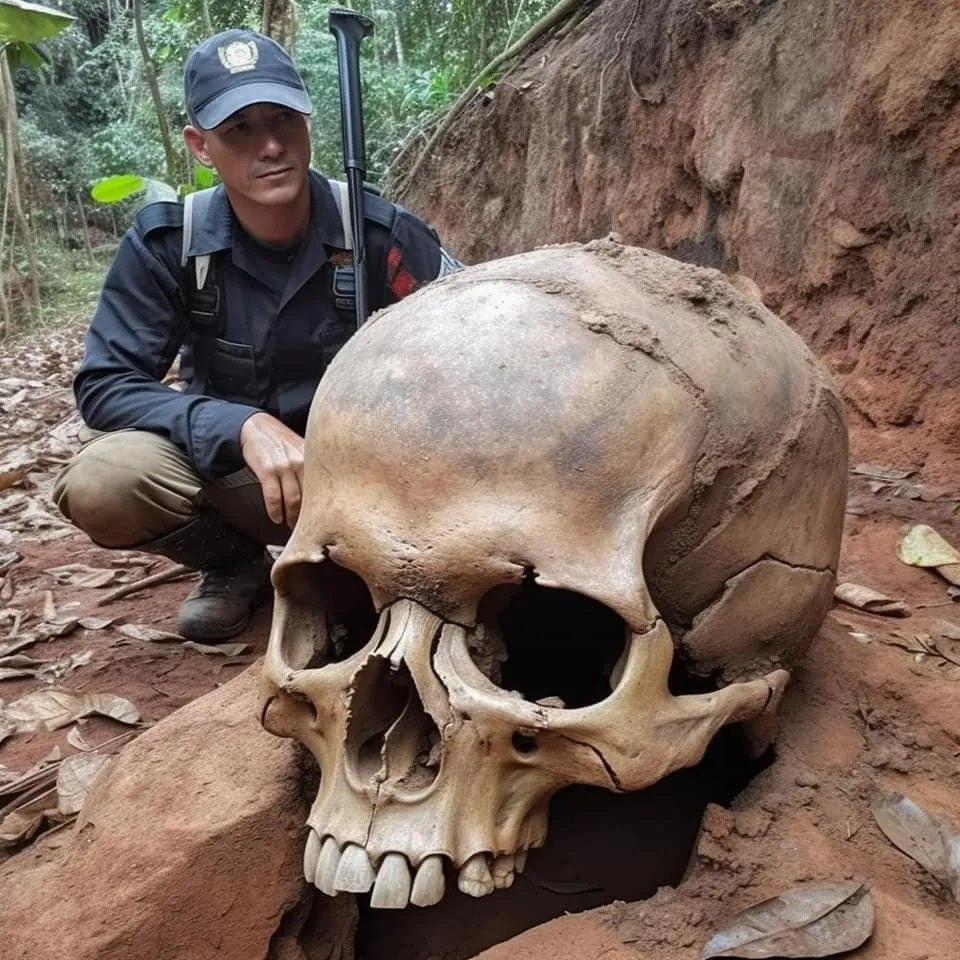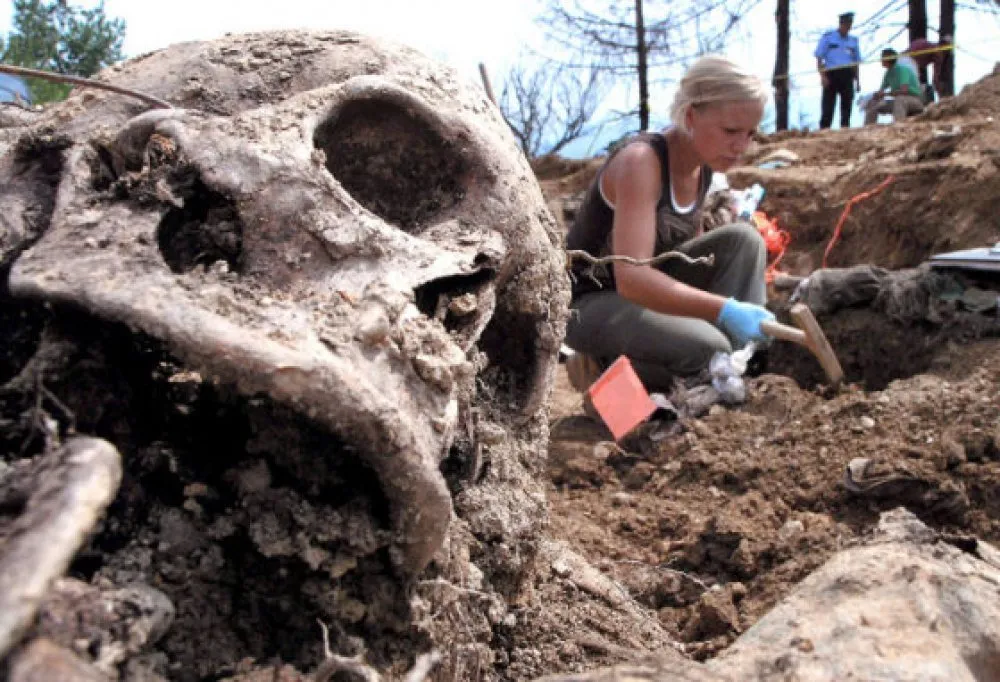In a recent groundbreaking archaeological discovery, a team led by Dr. Helena Mavropoulos unearthed 80 skeletons at a site near Thebes, Greece, that might rewrite a fragment of ancient Greek history. These skeletons, dated to the seventh century BC, were found with their wrists bound above their heads, suggesting they were not merely casualties of war but possibly participants in a historical event of great significance—an attempted coup.

The Context of the Discovery
The excavation site, located in a previously unexplored field on the outskirts of Thebes, has been under scrutiny since a local farmer stumbled upon some pottery and human bones. Subsequent explorations led to the discovery of the mass grave containing the 80 skeletons. The positioning and binding of the skeletons hinted at an organized execution rather than a battle scene.

Historical Implications
The seventh century BC was a turbulent time in Greek history, marked by the rise and fall of city-states, tyrannical rulers, and the early stirrings of what would become democratic institutions. Dr. Mavropoulos hypothesizes that these individuals could have been rebels involved in a lesser-known attempted coup against the ruling class, a narrative not widely recorded in historical texts.
“The style and method of burial are consistent with punitive measures against rebels,” explains Dr. Mavropoulos. “This discovery could indicate a significant yet unrecorded uprising, possibly crushed and deliberately erased from history by the victors.”
Forensic Analysis and Further Investigations
Forensic experts at the site have conducted preliminary analyses of the remains, which show signs of violence and struggle. These examinations also help confirm the age of the skeletons, placing them squarely within the timeline necessary for Dr. Mavropoulos’s theory.
In addition to the skeletal remains, archaeologists have recovered several artifacts, including weapons and pottery, which are currently being analyzed to provide more context about the lives of these individuals and the specific period to which they belonged.
The Broader Significance
This discovery not only opens up new avenues for understanding the socio-political dynamics of ancient Greece but also highlights the potential for significant historical events to be lost or altered in the narrative passed down through generations.
The ongoing study of these findings could lead to a deeper understanding of rebellion and governance in ancient Greek society, shedding light on the complex nature of power and resistance during a formative era of human civilization.
Looking Forward
Dr. Mavropoulos and her team plan to continue their excavation and research, with a focus on detailed analysis of the recovered artifacts and deeper forensic examination of the skeletons. The goal is to piece together a more complete picture of the events leading up to the deaths of these individuals and, hopefully, to bring a forgotten chapter of Greek history back into the light.
As the investigation continues, the academic community and the public alike eagerly await further revelations that could reshape our understanding of ancient Greek history, demonstrating once again that the past may hold secrets waiting just beneath the surface.



